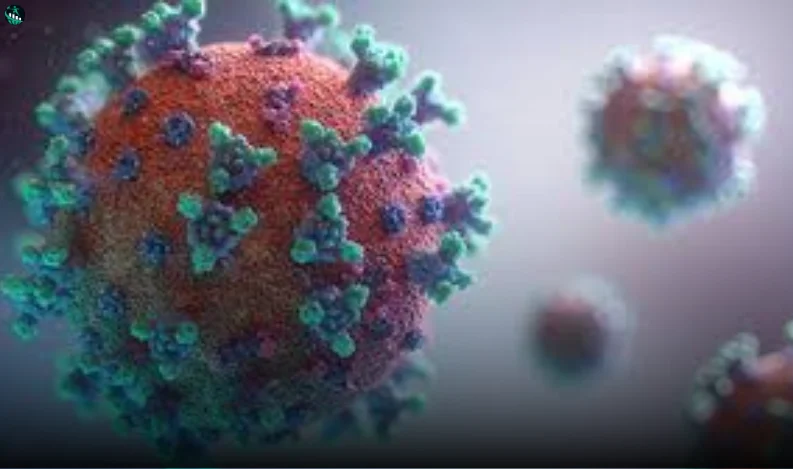
Covid-19 Origins: Lab Leak or Natural Spillover? The Debate Continues
The origins of Covid-19 remain a fiercely debated mystery five years after the virus disrupted lives across the globe. Was the pandemic caused by a laboratory accident, or did it emerge naturally from animals? Both theories have strong advocates presenting evidence, but the truth remains unresolved.
The Case for a Lab Leak
Supporters of the lab-leak theory focus on Wuhan, China—the city where the first known Covid-19 cases were reported. Wuhan is also home to the Wuhan Institute of Virology (WIV), a prominent research center studying coronaviruses. The proximity of the institute to the outbreak’s epicenter has fueled speculation about a possible link.
Richard Ebright, a microbiologist at Rutgers University, argues that research at the WIV aimed to enhance the transmissibility of SARS-like viruses. One proposal, he explained, included engineering a "furin cleavage site," a feature present in SARS-CoV-2 but absent in related viruses. Ebright also raised concerns about biosafety practices at the facility, where researchers reportedly worked with minimal protective equipment.
“There is sufficient evidence to conclude beyond reasonable doubt that SARS-CoV-2 entered humans through a research-related incident,” Ebright said, emphasizing the risks associated with such experiments.
The Argument for Natural Spillover
Advocates of the natural spillover theory believe the virus originated in wildlife and crossed into humans at the Huanan Seafood Market in Wuhan. Angela Rasmussen, a virologist from the University of Saskatchewan, highlighted evidence such as genetic and geographic data that points to the market as the starting point.
Studies, including one published in Science, revealed that early Covid-19 cases were clustered around the market. Another study identified raccoon dogs, palm civets, and other animals known to carry similar viruses at the market. These findings support the idea that animals could have acted as intermediaries between bats and humans.
Rasmussen argued that the lab-leak theory relies on speculation and lacks concrete evidence, while natural spillover is supported by measurable data. “Real-world evidence consistently points to the market,” she said.
Unresolved Questions
While both theories remain under investigation, the lab-leak hypothesis has gained traction in recent years. Initially dismissed as a conspiracy, it is now supported by some US agencies, such as the FBI and the Department of Energy, though confidence levels vary. Meanwhile, most scientists and intelligence bodies lean toward natural origins.
Alina Chan, a molecular biologist and author of Viral: The Search for the Origin of Covid-19, has called for a full declassification of intelligence data and an independent investigation in China. “This issue has damaged public trust in science and health institutions,” Chan noted, urging transparency.
A Divided Perspective
The Covid-19 origin debate remains politically and scientifically divisive. Some believe uncovering the truth will help prevent future pandemics, while others see the issue as an ongoing geopolitical struggle.
Whether the virus came from a laboratory or wildlife, the world continues to grapple with the consequences of the pandemic. The question of its origins remains a reminder of the need for greater transparency and preparedness for future health crises.



Recent Comments: